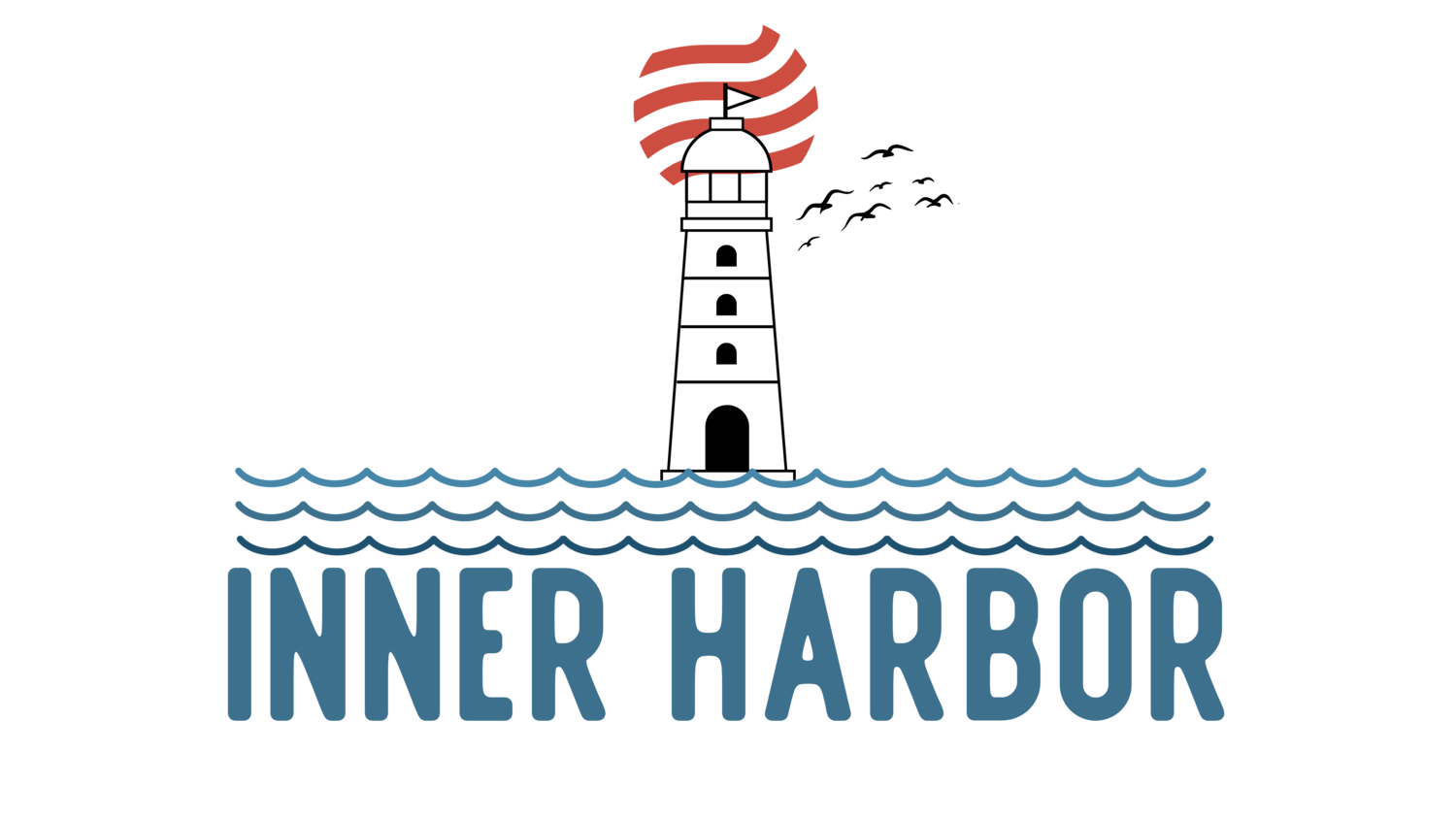Students Need More Support in College
According to the National Student Clearinghoue Research Center, approximately 2% more students dropped out of college in 2019 than in the previous year, which was the highest drop out rate since 2012. For community college students, that rate was 3.5%. Overall, college drop out rates in 2021 reached 15%. And for many students, the reason for this is grief. Students, especially students with low incomes, have experienced a lot of death over the past few years. When parents die, the burden placed on students is immeasurable: from financial strains, difficulty motivating for school and concentrating/comprehending once you are there, to caregiving and anxiety, sometimes these things become too overwhelming to cope with in addition to going to school.
According to a 2021 Gallup-Lumina report, seventy-five percent of students who are considering dropping out of college cite emotional health as the reason, which is a 34% increase from 2020. But, there is good news too. With these statistics, also comes awareness. We knew college students struggled with their mental health prior to the pandemic. But now, a combination of continuing worsening of emotional well-being along with some available funding from the Higher Education Emergency Relief Fund (and an extended deadline to use that funding until June 30, 2023) will allow colleges and universities to provide the support that so many students need.
So what could be some priorities for spending on student mental health? Well, counseling is an obvious source of support for students. Burnout and turnover in college counseling centers is high so there are likely many available openings for staffing. Supporting those staff members with professional development and training and lower student:counselor ratios is key.
Another priority is training for teachers, who often have had no education about how to support grieving students in their classrooms. Programs like Inner Harbor can provide training for any staff member that works with students experiencing any kind of loss or trauma so that they are best supported in academic settings.
Finally, but probably most importantly, friends and other students need to know how to support one another. Young adults tend to turn to friends before teachers or counselors, and often don't get the advice or support they need from well-intentioned but unknowing peers. They can also be trained to validate feelings and refer people to existing resources if needed. Student organizations, religious programs, teammates, resident assistants and fraternity life are all places students go when they need connection after a loss. Inner Harbor is available for this training as well.
